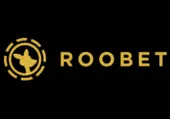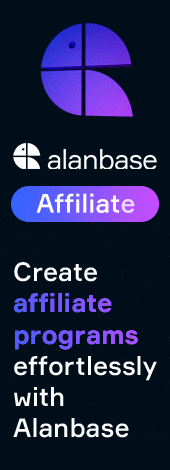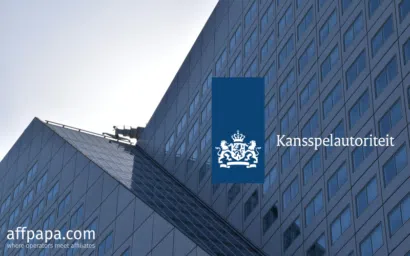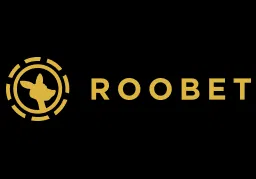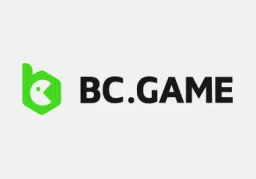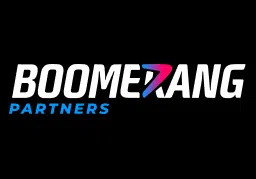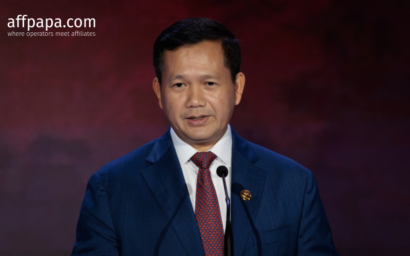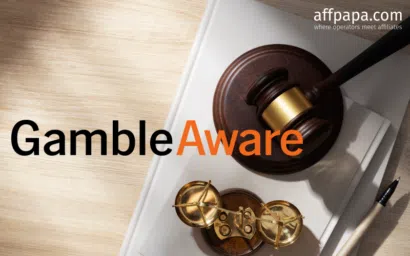KSA announces delay in the launch of Dutch KOA Act

The Netherlands gambling regulatory authority, better known as Kansspelautoriteit (KSA), has announced that the launch of the ‘Dutch Online Gambling Act’ (KOA Act) in the regulated market has been delayed for one additional month and is scheduled for the 1st of October, 2021.
This decision comes after an intervention by Sander Dekker, who is the Dutch Minister for Legal Protections and has been tasked with supervising the implementation of the KOA Act. Just Yesterday, Dekker told the Kamer that the KOA Act needed a one-month delay to tweak the technical requirements concerning the launch of the regulated market place.
Dekker’s decision will see the launch of the KOA Act licensing window be pushed back to the 1st of April 2021, with the official opening of Dutch iGaming market supposed to take place on 1 October. The intervention is not the first, but the third delay in the launch of the KOA Act, which was initially scheduled to pass into law on 1 July 2021.
Back in November 2019, having already agreed on final frameworks, Dekker approved a series of last-minute alterations in order to fortify operator compliance requirements and provide the KSA with more controls to protect the market against unlicensed operators. Dekker highlighted, in his statement to the Kamer, the significance of launching the marketplace with all licensed operators providing direct access to ‘CRUKS’ – the Netherlands’ new gambling self-exclusion scheme, which is operated by KSA.
Dekker also answered to two different KOA motions which were addressed by opposition ministers.
Madeleine Van Toorenburg, a representative of the Christian Democrats, questioned whether the government would call for the development of EU-wide laws that will undoubtedly protect member states’ markets against illegal operators.
Dekker replied to that by saying that under the current EU-laws, gambling policy required no common harmonisation on policies nor standards, with member states allowed to individually inaugurate their own gambling laws and market requirements. As such, the development of EU-safeguards would be quite difficult to take on. Despite that, Dekker said that the KSA had played a huge role in raising standards through its drafting of the KOA Act.
In the meantime, Green Party representative Niels Van den Berge wondered whether the government held any European comparisons on how state-run lotteries would be affected by the launch of a regulated online marketplace.
Dekker answered by acknowledging that an evaluation has been carried out as part of the government’s research into launching the KOA Act. However, the minister presented caution in setting off the Dutch state lottery’s future performance against ‘mature markets’.
The minister also shed light on the UK and Norway markets, naming these as two examples of countries that had launched online gambling regimes and maintained the performance of lottery sales for good causes. Protecting lottery performance was underlined as a main goal of a successful launch, as Dekker and the KSA are actively trying to avoid the situations seen in Italy and Denmark, where lottery sales were immediately impacted by market launch.


